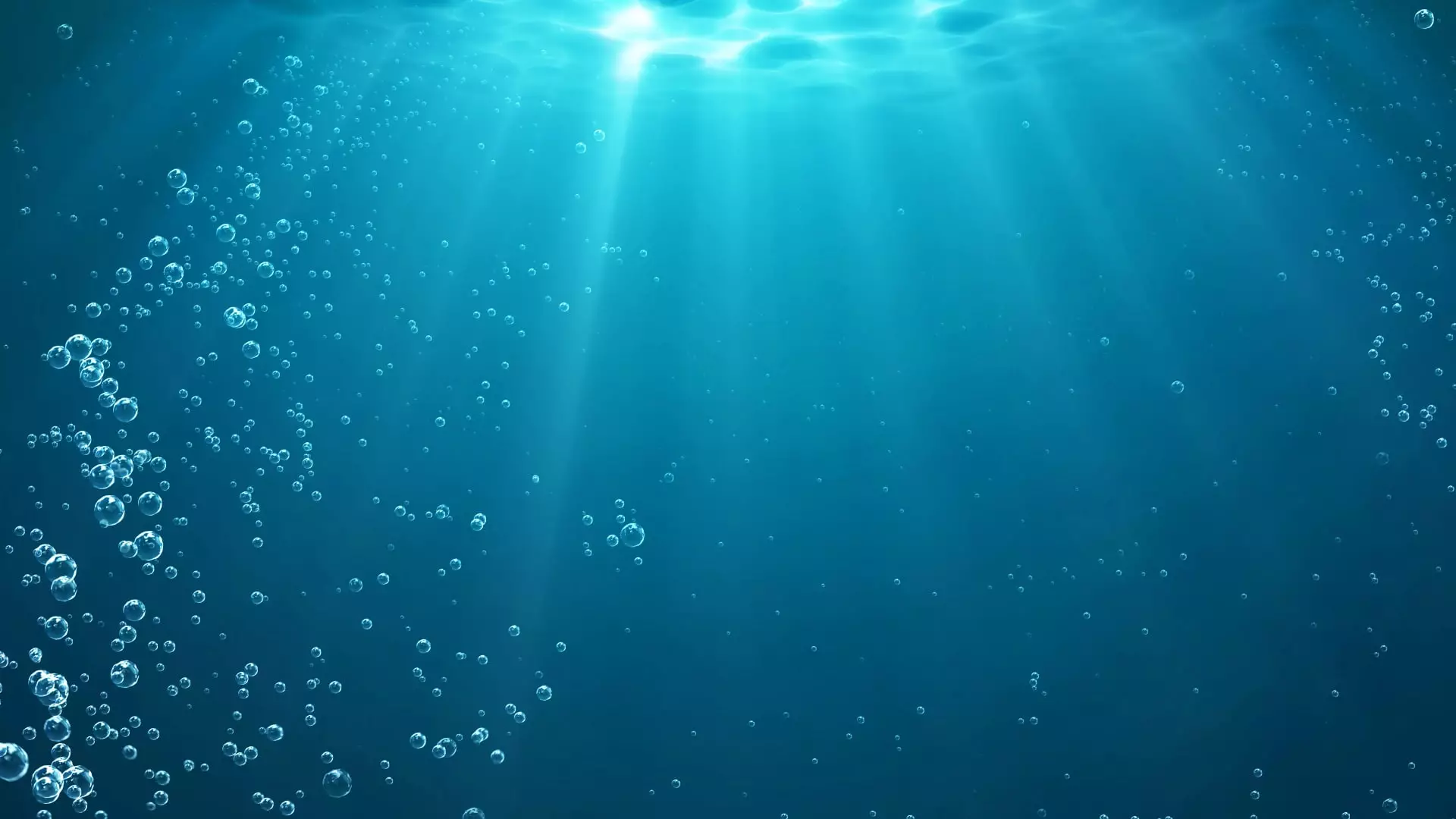In a groundbreaking discovery, a team of international scientists recently found that oxygen is being produced by potato-shaped metallic nodules deep below the surface of the Pacific Ocean. This revelation challenges the conventional wisdom surrounding oxygen production on Earth and could potentially alter our understanding of the origins of complex life forms. The study, published in the prestigious journal Nature Geoscience, sheds light on a remarkable phenomenon that has significant implications for the scientific community.
The research team, led by Professor Andrew Sweetman from the U.K.’s Scottish Association for Marine Science, conducted extensive fieldwork in the Pacific Ocean to investigate the presence of oxygen in the deep sea. Their findings suggest that oxygen is being generated in complete darkness at a depth of approximately 4,000 meters below the ocean’s surface. This phenomenon challenges the traditional notion that only photosynthetic organisms can produce oxygen with the help of sunlight.
During their ship-based research in the Pacific Ocean, the scientists stumbled upon what they referred to as “dark oxygen.” By sampling the seabed of the Clarion-Clapperton Zone, located between Hawaii and Mexico, the team discovered nodules with a high electric charge, which could potentially lead to the electrolysis of seawater into hydrogen and oxygen. This unexpected finding has opened up a new realm of questions and possibilities regarding oxygen production in the deep sea.
The discovery of oxygen production in the deep sea has also raised concerns about the impact of deep-sea mining activities. Companies like The Metals Company, a Canadian deep-sea mining firm, are eager to extract valuable minerals and metals from polymetallic nodules on the ocean floor. While these resources are essential for various industries, including electric vehicle manufacturing and renewable energy production, the environmental consequences of deep-sea mining remain uncertain.
Environmental campaigners and conservationists have expressed apprehensions about the sustainability of deep-sea mining and its potential to harm marine ecosystems. The Deep Sea Conservation Coalition has called for a moratorium on deep-sea mining activities in light of the recent discovery of oxygen production in the deep sea. The need for further research and careful consideration of the environmental impacts of deep-sea mining is more critical than ever.
The unexpected finding of oxygen production in the deep sea challenges our existing knowledge of Earth’s oxygen cycle and prompts us to reevaluate our understanding of the origins of life on our planet. This discovery underscores the importance of preserving the delicate balance of marine ecosystems and reminds us of the vast mysteries that still await exploration in the depths of the ocean.


Leave a Reply